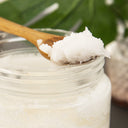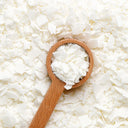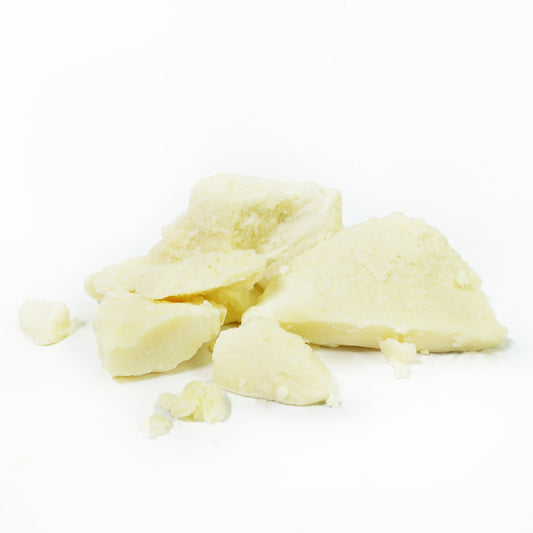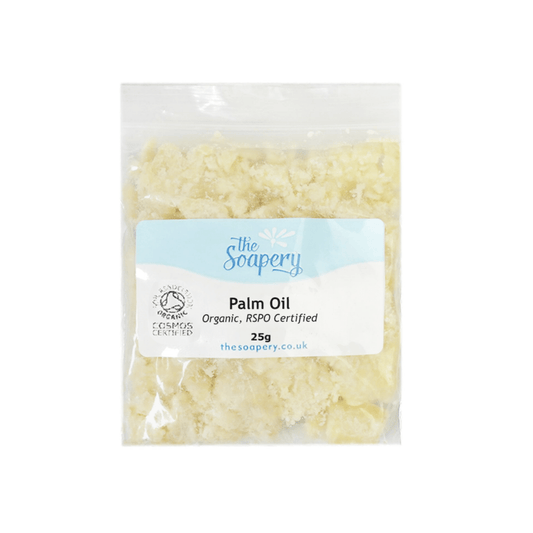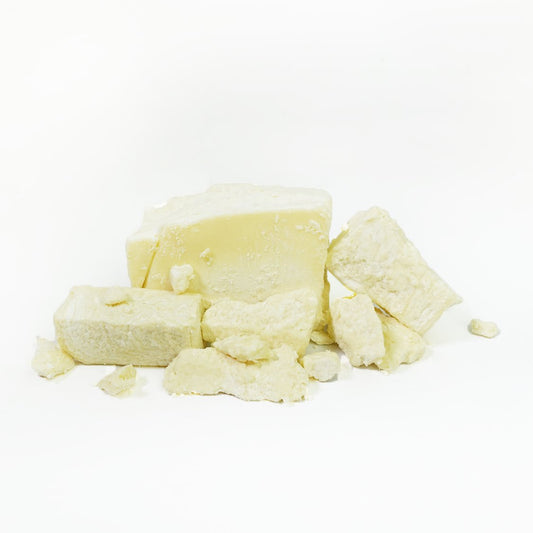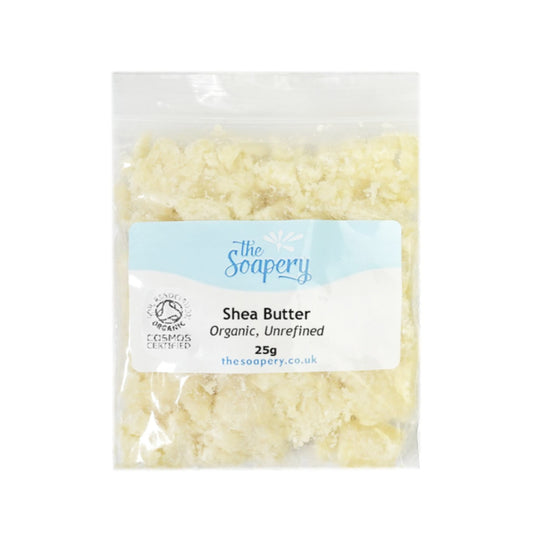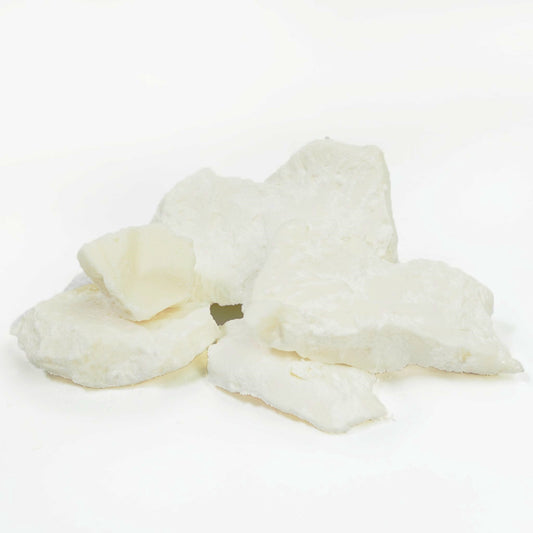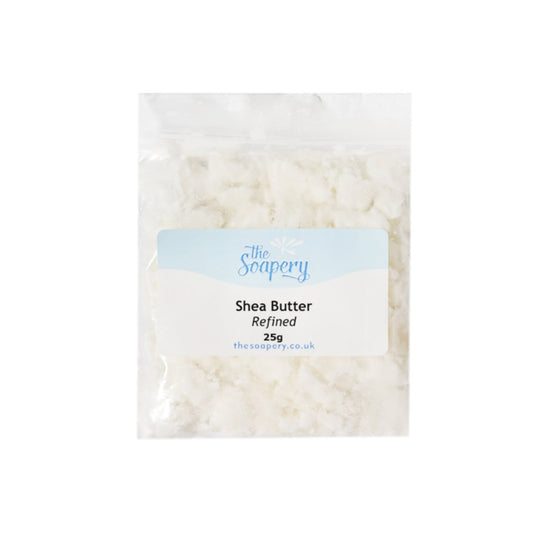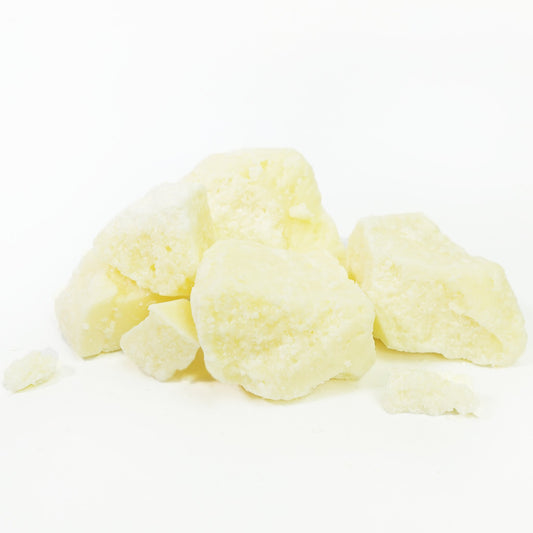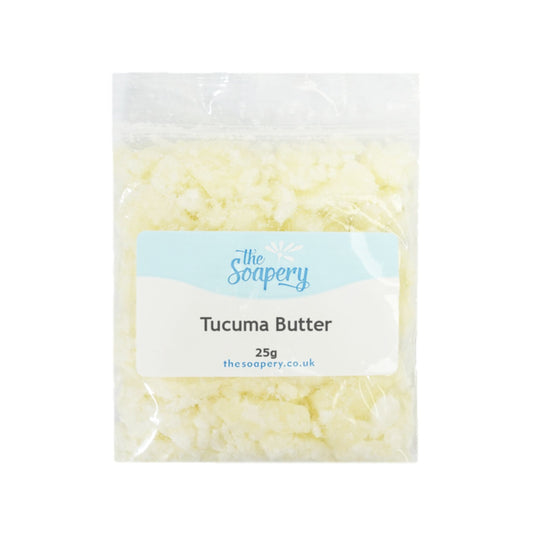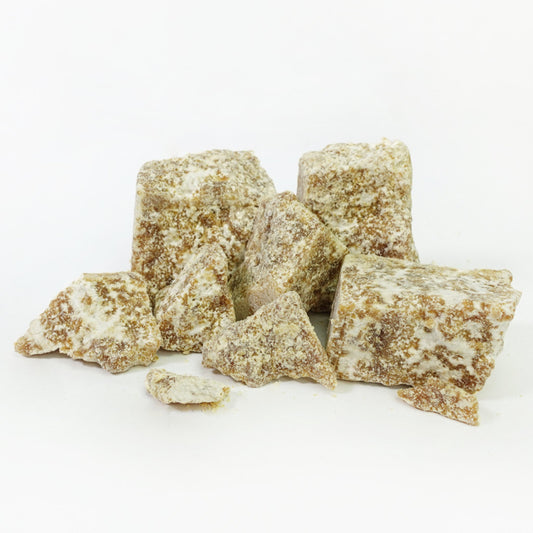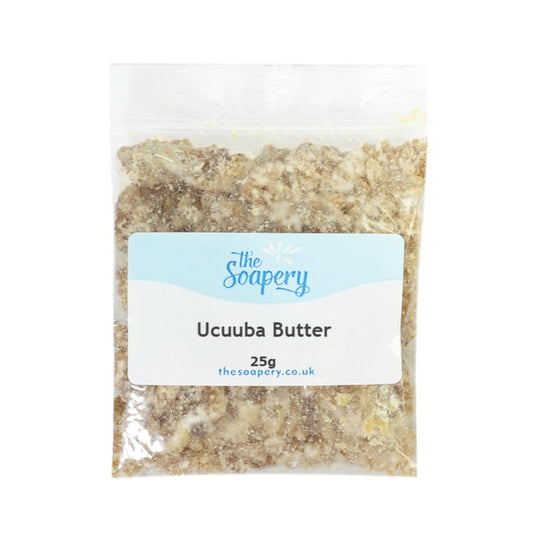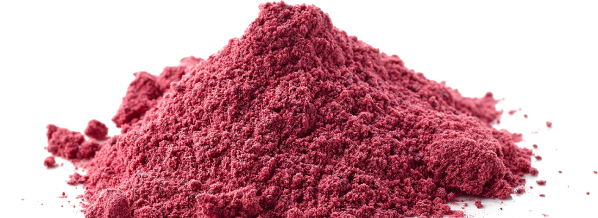
-
Refined Organic RSPO Palm Oil
-
Shea Butter African, Organic, Unrefined, Raw
Shea Butter African, Organic, Unrefined, Raw
- Regular price
- From £2.75
- Sale price
- From £2.75
- Regular price
-
-
Shea Butter – Refined
Why choose The Soapery?
-
Free Mainland UK Shipping
Get your ingredients quickly at no extra cost.
-
Same Day Dispatch*
Order before 3pm to have your package sent then and there.
-
Low Pricing
No glossy marketing or false promises mean big savings.
-
Ethical Suppliers
No qualms here. Our ingredients are ethically and sustainably sourced.
Our Favourite Skincare Recipes
We Value Each of Our Customers
Accreditations/Awards
We’re committed to offering a vast range of all-natural, organic products certified by The Soil Association, and we take pride in doing our part for the world around us.
Like most ingredients, the oils, butters, powders, and decorations in your handmade products are farmed or extracted from the natural world. Those certified as organic by the Soil Association were grown, produced, and harvested in line with strict regulations designed to protect and sustain the environment, including soils, ecosystems, animals, and people.

